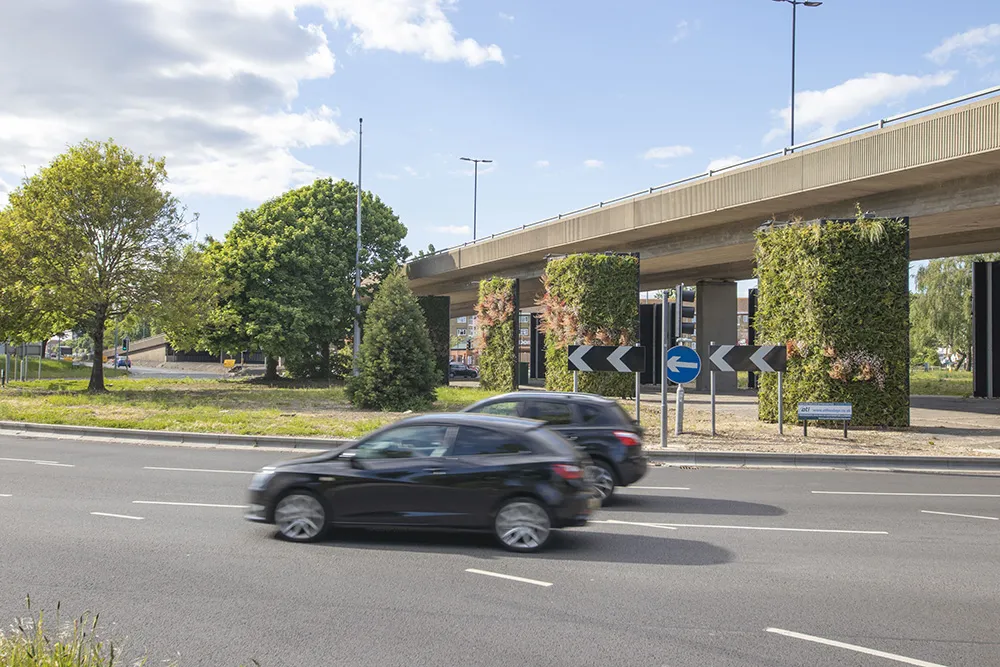In an open letter to UK Transport Secretary Patrick McLoughlin, thirty-two leading transport academics have said that in order to cut emissions and tackle congestion the government should introduce pay as you drive road charging. The academics argue that traffic will increase with further investment in the road network. They say smart demand management measures need to be accelerated, while cities are not equipped for further road traffic growth. The previous government considered pay as you go road chargin
January 22, 2013
Read time: 2 mins
In an open letter to UK Transport Secretary Patrick McLoughlin, thirty-two leading transport academics have said that in order to cut emissions and tackle congestion the government should introduce pay as you drive road charging.
The academics argue that traffic will increase with further investment in the road network. They say smart demand management measures need to be accelerated, while cities are not equipped for further road traffic growth. The previous government considered pay as you go road charging, which would have seen more paid by drivers to use the busiest roads during rush hour. The plan was abandoned following a public outcry but support has grown in recent months.
The1837 Department for Transport (DfT) has carried out preliminary work to enable tolling of trunk roads. The academics say there needs to be a new way to charge for motoring as improvement in vehicle fuel efficiency is set to result in a drop in tax revenues, while fuel duty increases lack public support and have been a temporary fix.
The Government, which is keen to bring in private finance to help pay for road improvements, has said tolling could be introduced where key routes are improved “beyond all recognition”, a principle which is supported by the academics in their letter to Mr McLoughlin.
The academics have also accused the Government of failing to develop what they describe as an absence of “coherent and integrated national policy framework for passengers and freight”.
Stephen Glaister, director of the4961 RAC Foundation, endorsed their remarks, albeit cautiously. “The authors are right to call for a coherent transport strategy, including the need to look at thorny issues such as road pricing. But it would be foolish to be too dismissive of the potential for future traffic increases driven by a growing population,” he said.
A DfT spokesman defended the Government’s strategy. "We fully recognise that good transport infrastructure is vital to the future success of the UK. This is why we have committed to delivering a transport strategy this spring which will clearly explain the Government's vision for transport and set out how the decisions we have taken fit together.”
The academics argue that traffic will increase with further investment in the road network. They say smart demand management measures need to be accelerated, while cities are not equipped for further road traffic growth. The previous government considered pay as you go road charging, which would have seen more paid by drivers to use the busiest roads during rush hour. The plan was abandoned following a public outcry but support has grown in recent months.
The
The Government, which is keen to bring in private finance to help pay for road improvements, has said tolling could be introduced where key routes are improved “beyond all recognition”, a principle which is supported by the academics in their letter to Mr McLoughlin.
The academics have also accused the Government of failing to develop what they describe as an absence of “coherent and integrated national policy framework for passengers and freight”.
Stephen Glaister, director of the
A DfT spokesman defended the Government’s strategy. "We fully recognise that good transport infrastructure is vital to the future success of the UK. This is why we have committed to delivering a transport strategy this spring which will clearly explain the Government's vision for transport and set out how the decisions we have taken fit together.”







